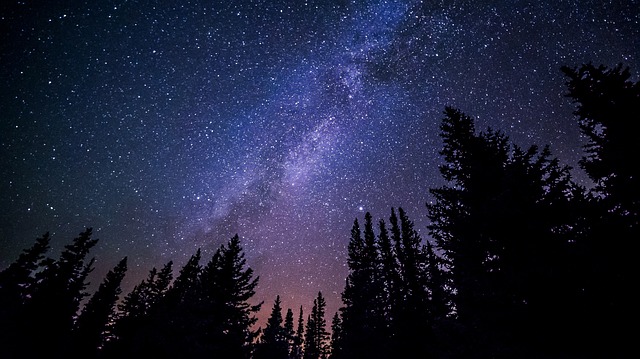In this 2016 article published by the National Geographic, writer Michael Greshko introduces to us five of the mysteries that scientists have not yet resolved. Almost three years since this article was written, all of the five mentioned by Greshko still remain as mysteries today.
These are the five mysteries scientists have yet to solve:
- What is dark matter?
- What is dark energy?
- How can gravity be quadrillion times weaker than electromagnetism or the force that hold the atom’s nuclei together, but have the energy to keep planets, and stars in place?
- Are we alone in the universe? If life is the inevitable consequence of the process began by the Big Bang, why haven’t we found signs of alien life?
- Is our universe alone? Or are there other universes where life is possible? What is the stage of evolution in that universe? If our universe is one of many, are the life forms in that universe trying to find us too?
Implications for AI
Albert Einstein once said, “The most beautiful thing we can experience is the mysterious. It is the source of all true art and science. He to whom the emotion is a stranger, who can no longer pause to wonder and stand wrapped in awe, is as good as dead – his eyes are closed”.
We wanted to begin our comment with that quote because it tells us so much about what we have become as a civilization. Will the mysteries mentioned by Greshko still fill us with awe, or are they simply problems that need to be solved? And what if we solved them, will it be just another day at the office? Or will it lead us to a deeper respect of nature and the forces that shaped it?
There are so many things that can be said about this article. For one, despite the huge advances in technology, particularly in artificial intelligence, there is still so much we don’t know about the world. What we know about dark matter and dark energy are purely intuitive. We can’t see them, nor can we prove that they exist, but we know they are there, otherwise our universe would not be existing. In a sense, this science we rely so much today, doesn’t always base on data. Moreover, in the case of gravity, what seems logical, doesn’t always mean that it is the best explanation. Gravity isn’t the strongest force in the universe, but it is what has enabled new forms to be made.
Next, in the quest for alien life. The question has stated it already. If life is merely an inevitable product of the process that began with the Big Bang, where are the others? Why haven’t we met aliens, despite our repetitive calls to outer space? Greshko suggested that perhaps, we have to change our definition of “alien life”.
In our own planet, alien life already exists [see Scientists Find Thriving Ecosystem 5,000 Meters Deep Into The Earth]. If these creatures within the Earth exists in conditions we don’t expect, wouldn’t it be possible that such creatures may also be found in other planets? For sure, the problem here is that our current technologies are limited. Could it be possible that our materialistic science is preventing us from developing tools that will enable us to measure the unseen? Could it be that conditions for life in other planets are different from ours?
Lastly, we would like to address the need for humans to colonize other planets. The push to find planets that can support life is a decision made out of fear. We have abused and exploited our natural resources to the point of breaking. We think that this Earth is on the verge of death. What we don’t realize is that the Earth has a capacity to heal itself. When given time, the Earth can bounce back to the prestine environment it once was.
The search for another habitable planet is not out of curiousity, it echoes the very mindset behind extractive and degenerative economy. It is the mindset which puts power and money at the fore of civilization. Why do wars happen? Why are people hungry? It’s not because the Earth has limited resources. We produce enough food to feed everyone. The Earth can provide us with the resources for life. All the social problems we are experiencing today is due to our inability to share, and be content. This too, is a product of the materialist mindset. We think that the more we have in physical riches, the more capable we are of ensuring our survival. But the existence of climate change, and drought, and wars, is proof that this is a lie.
How can we expect anything to be different with a trip to outer space? Who stands to benefit with the discovery of a new habitable planet? Will governments fund the trip of all its citizens so that we can all escape the impending death of the Earth? We all know the answer to that last one.
What of those who have no capacity to purchase a ticket to another planet? Those who are unable to buy a new body that can help them survive the new climate on earth? Are they but collateral damage?
The mysterious surround the universe, the earth, and our own lives. They abound in the small details, but we are only able to see them when we look at the bigger whole. Does the mysterious still ellicit awe for you? Do you live your life in search of the mysterious? Or are your eyes closed, your soul, dead?
Read Original Article
Read Online
Click the button below if you wish to read the article on the website where it was originally published
Read Offline
Click the button below if you wish to read the original article offline.
